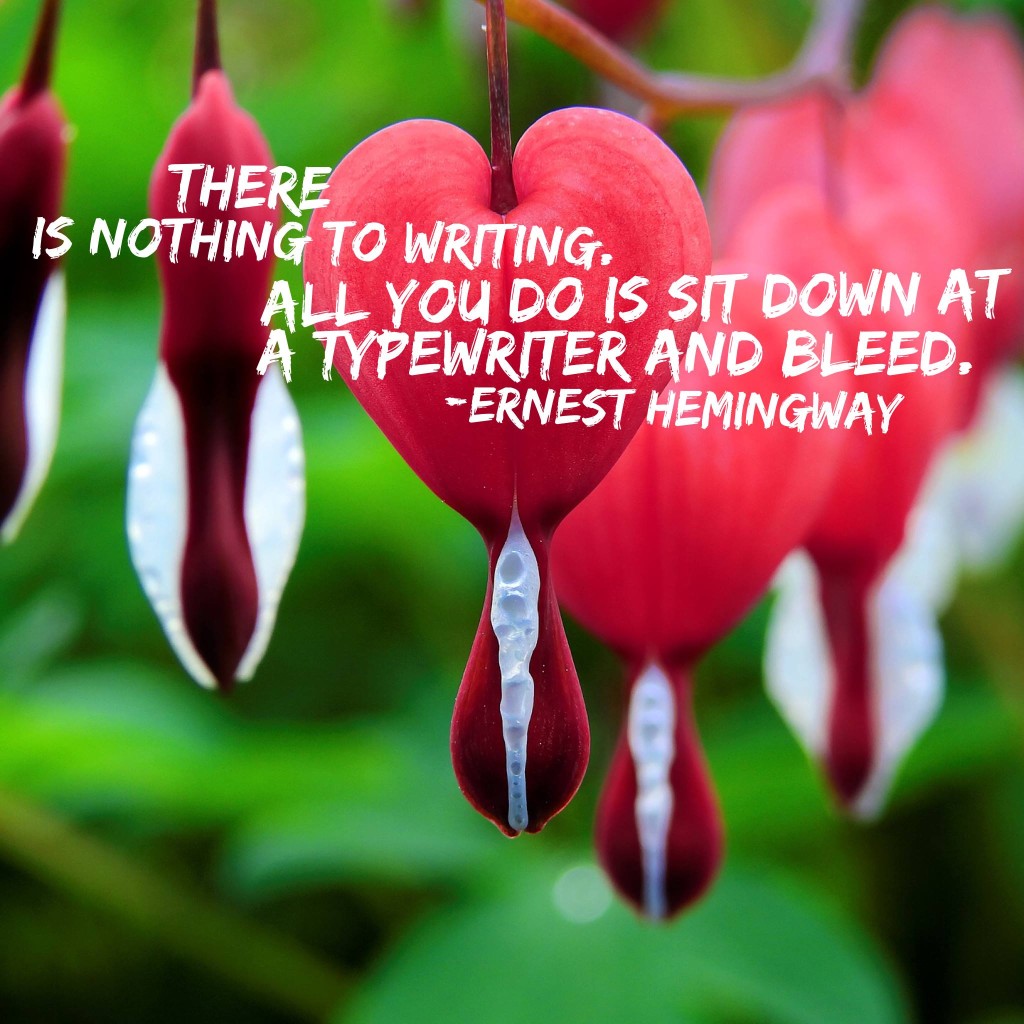
An excerpt from Miscarriage: What No One Talks About, by Olga Barrows
I had my miscarriage the day before Christmas – and continued to bleed quietly throughout the Christmas dinner. I ate two pieces of turkey, participated in a conversation and gift exchanges by the tree. I watched our two-year-old daughter laugh and unwrap her presents. But I wasn’t fully there, my mind – a sinking ship, my body – a wreck already. The worst part, I had no idea that this was just the beginning of it.
What kind of word is it – a “miscarriage”? As if I carried something, something precious, but I wasn’t careful enough and I spilled it. As if it is my fault – I miscarried. My own negligence has brought this on me. The mind races on. Have I caused it? Was it the feta cheese from a dodgy Greek place? Was it a few extra cups of strong tea? Was it when I laid down on my belly accidentally, forgetting that I shouldn’t? Was it my fault?
It took me a long time to write about it, pulling a sentence after sentence out of my heart.
Now, because I am writing this and you are reading this, you know it is over. That probably means all kinds of things are back on the table. I can drink as much tea as I wish, I can eat sushi, eggs benedict and medium-rare steaks. I can eat tons of unpasteurized brie and feta cheese. I can lay on my belly all I want. I can even take up kickboxing or do inverted yoga poses. I can even have wine if I so wish (although I haven’t had a drink in three years). The world is full of opportunities! All of them I can indulge in any moment now. Just don’t mind the gapping hole in my soul as I do.
You never think this would happen to you. And then it does.
It is a hell of a lonely place to be at. No one talks about the pain, emotional and physical, that women endure in miscarriage. This is not exactly a dinnertime conversation. But with how common this heartbreaking experience is (1 in 5 pregnancies!), it startles me: there is a cone of silence, an utter isolation of pain that comes with this loss. I want to talk about it because I believe that talking should be an option. I want people to know that even if the pain is invisible, it doesn’t mean it is not there.
…
Prior to this experience, I thought of girls who have had a miscarriage with a lot of sadness and even a pity in my heart. Now that I have lived through it, I feel sadness, but also a great deal of frustration and empowerment to bring this forbidden subject out there. Or at the very least to make it OK to talk about it. Because no matter how we choose to suffer and grieve, in silence or surrounded by people, we should never feel ashamed or scared to talk about what we go through. It doesn’t make it more likely to happen if we talk about. Miscarriage is not a flu, it is not contagious. But sharing the pain makes it feel a little bit more manageable, especially in a world where pain and being a woman is so closely related.
